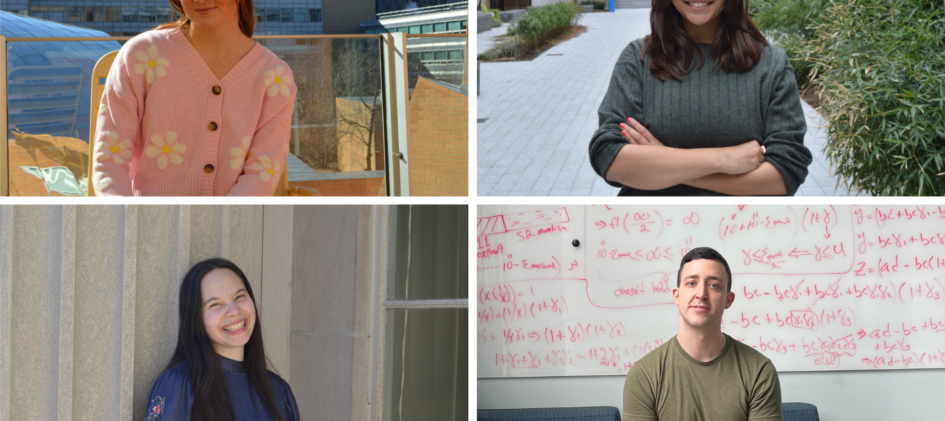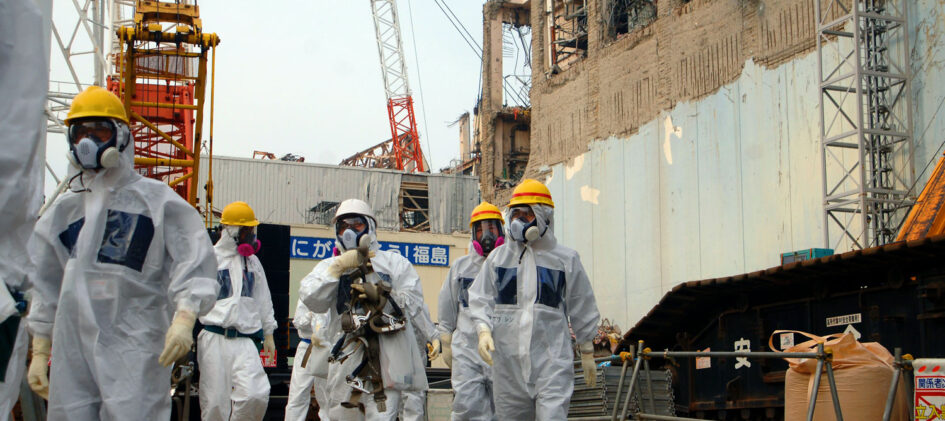Two teams led by MIT researchers were selected in December 2023 by the U.S. National Science Foundation (NSF) Convergence Accelerator, a part of the TIP Directorate, to receive awards of $5 million each over three years, to pursue research aimed at helping to bring cutting-edge new sustainable materials and processes from the lab into practical, full-scale […]
Read More


















